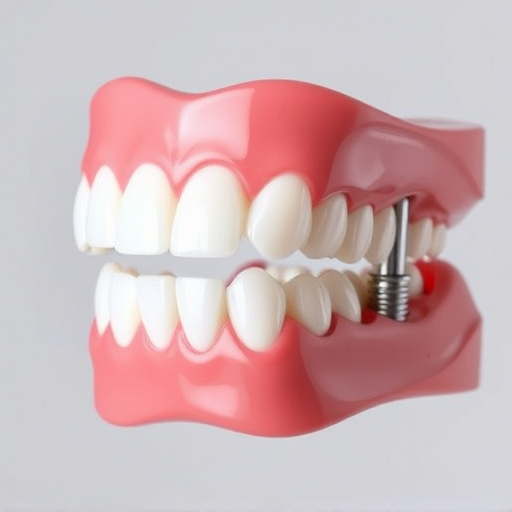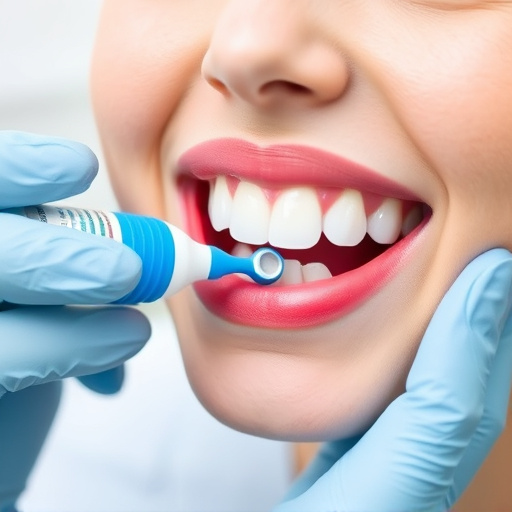Oral sedation dentistry uses sedatives to relax patients during dental procedures, addressing dental anxiety and making extensive treatments like check-ups, extractions, fillings, and cosmetic dentistry more comfortable. This approach encourages regular dental care, improves overall oral health, and makes complex procedures less intimidating, contributing to better long-term dental well-being.
Discover the transformative power of Oral Sedation Dentistry—a gentle, effective approach to oral care that addresses dental anxiety and promotes better long-term health. This comprehensive guide explores how oral sedation eases fears, enhances patient comfort, and contributes to a healthier, more confident smile. By understanding its benefits and process, you’ll see why oral sedation is a game-changer for maintaining optimal oral health.
- Understanding Oral Sedation Dentistry: A Comprehensive Guide
- Benefits of Sedation for Overcoming Dental Anxiety
- How Oral Sedation Contributes to Long-Term Oral Health
Understanding Oral Sedation Dentistry: A Comprehensive Guide
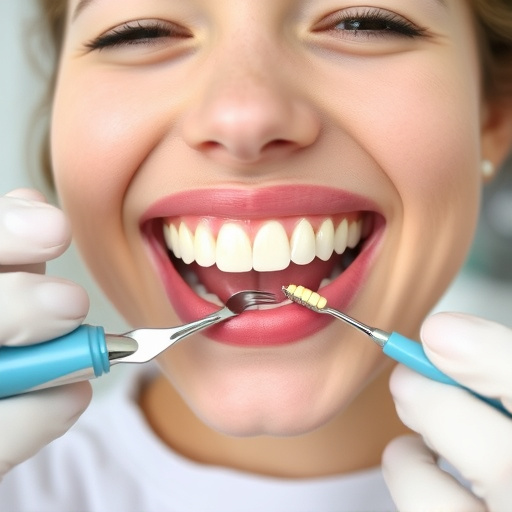
Oral Sedation Dentistry: Unwinding the Concept
Oral sedation dentistry is a specialized service that utilizes sedatives to help patients experience a more relaxed and comfortable dental treatment. This approach is particularly beneficial for individuals who feel anxious or have a fear of visiting the dentist. By taking oral sedatives, patients can achieve a state of calmness, making it easier to undergo various dental procedures, including routine check-ups, tooth extractions, and even cosmetic dentistry treatments. It’s an excellent alternative for those who find traditional methods of relaxation insufficient.
This form of dentistry is not limited to addressing anxiety; it caters to a wide range of patient needs. For instance, some individuals may require extensive dental work, such as multiple fillings or crowns, and oral sedation can make this process more manageable. Moreover, it’s a valuable tool in general dentistry practices, ensuring patients receive the care they need without experiencing discomfort or stress.
Benefits of Sedation for Overcoming Dental Anxiety
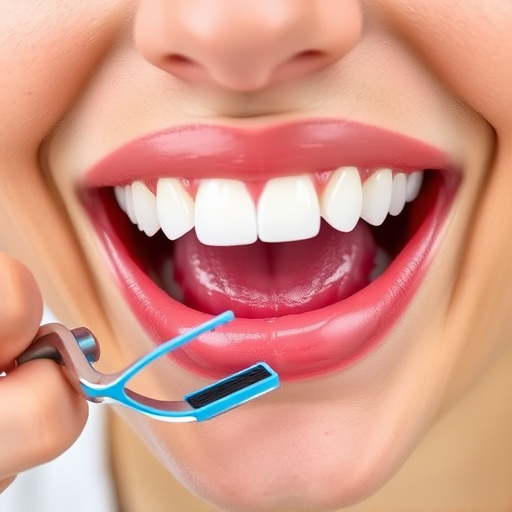
Dental anxiety is a common issue that can prevent individuals from seeking necessary oral care. Oral sedation dentistry offers a solution to this problem by providing a calm and comfortable environment for patients. Sedation techniques, such as the use of nitrous oxide or prescription medications, help reduce anxiety and promote relaxation during dental procedures. This not only enhances patient comfort but also improves their overall experience in the dental chair.
By addressing dental anxiety, oral sedation dentistry encourages individuals to maintain better oral hygiene routines. Regular check-ups and preventive care become more accessible, leading to the early detection of issues like tooth decay or gum disease. Moreover, for patients requiring treatments like dental crowns or clear aligners, sedation can make these procedures less daunting, ensuring a smoother journey towards achieving optimal oral health.
How Oral Sedation Contributes to Long-Term Oral Health
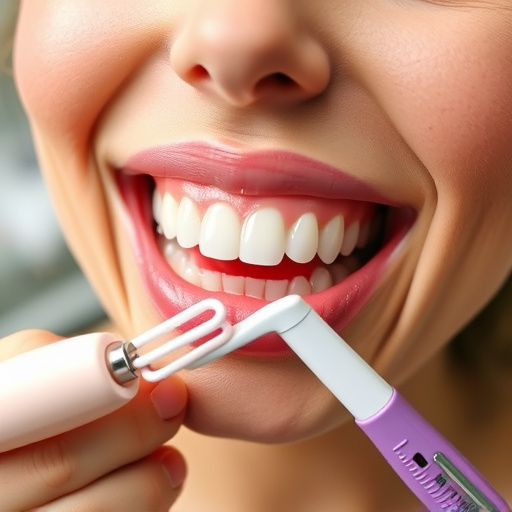
Oral sedation dentistry isn’t just about achieving a comfortable experience during dental procedures; it also plays a significant role in fostering better long-term oral health. By inducing a state of relaxation, patients are less likely to experience anxiety or discomfort that could lead to avoiding necessary dental care. Regular dental check-ups and cleanings, essential components of preventive dentistry, become more manageable with oral sedation, ensuring consistent monitoring and care for teeth and gums.
This approach also makes complex procedures like dental bonding or even general dentistry treatments more accessible. Reduced stress during these procedures can improve blood flow, allowing for better healing and results. Moreover, the calming effect of oral sedation can help patients stick to a disciplined oral hygiene routine, further contributing to their overall dental health.
Oral sedation dentistry offers a transformative approach to dental care, addressing both anxiety and promoting long-term oral health. By leveraging sedatives, dentists can create a calm and comfortable environment, making routine procedures less daunting for patients. This not only enhances the patient experience but also encourages individuals to maintain better oral hygiene practices, ultimately contributing to healthier smiles over time. Incorporating oral sedation into dental care routines signifies a step towards more accessible and effective oral health management.










